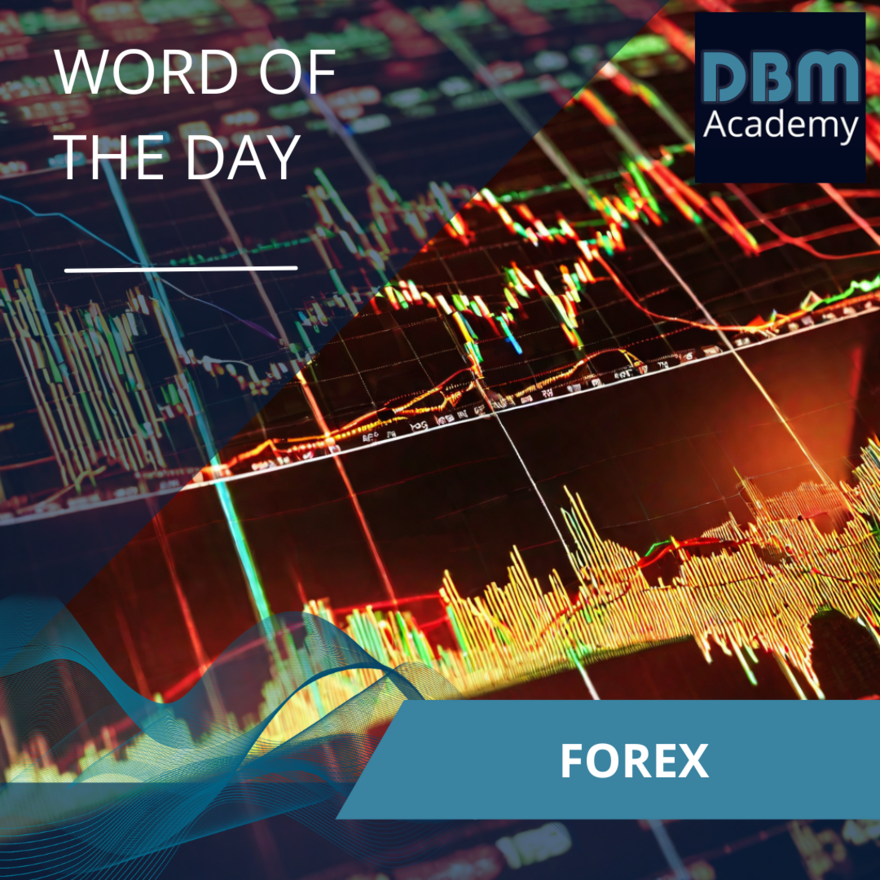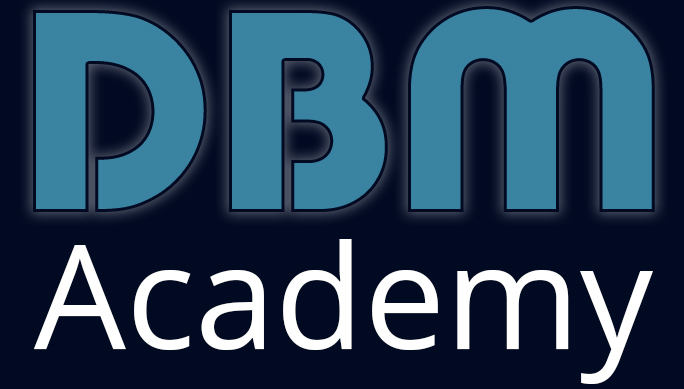Word of the Day | Forex

Word of the Day | Forex
Forex stands for "Foreign Exchange" and it is essentially the global marketplace for buying and selling currencies.
Here's a simplified explanation:
Imagine you're planning a trip to another country, and let's say you're from the United States. The currency you use in the U.S. is the U.S. Dollar. Now, when you go to a foreign country, you'll need to convert your U.S. Dollars into the currency of that country. So, you exchange your dollars for the local currency.
Now, think about this happening on a massive scale with people, businesses and governments all over the world. The Forex market is where different currencies are traded.
Some key points:
Currency Pairs: In Forex, currencies are always traded in pairs. For example, the Euro against the U.S. Dollar is a common pair, written as EUR/USD.
Exchange Rates: The price of one currency in terms of another is called the exchange rate. This rate can change based on various factors like economic conditions, political events and market sentiment.
Buying and Selling: When you hear someone is "trading Forex," it means they are buying one currency and simultaneously selling another. The goal is to profit from changes in exchange rates.
Leverage: In Forex trading, people often use something called leverage. It's like borrowing money to increase the size of your bet. While it can amplify profits, it also increases the risk.
24-Hour Market: Unlike stock markets that have specific trading hours, Forex operates 24 hours a day, five days a week. This is because it involves different time zones around the world.
So, in a nutshell, Forex is like a giant marketplace where people trade different currencies. It's a bit like exchanging money before a trip, but on a much larger and more complex scale. People engage in Forex for various reasons, including investment, speculation and conducting international business.
